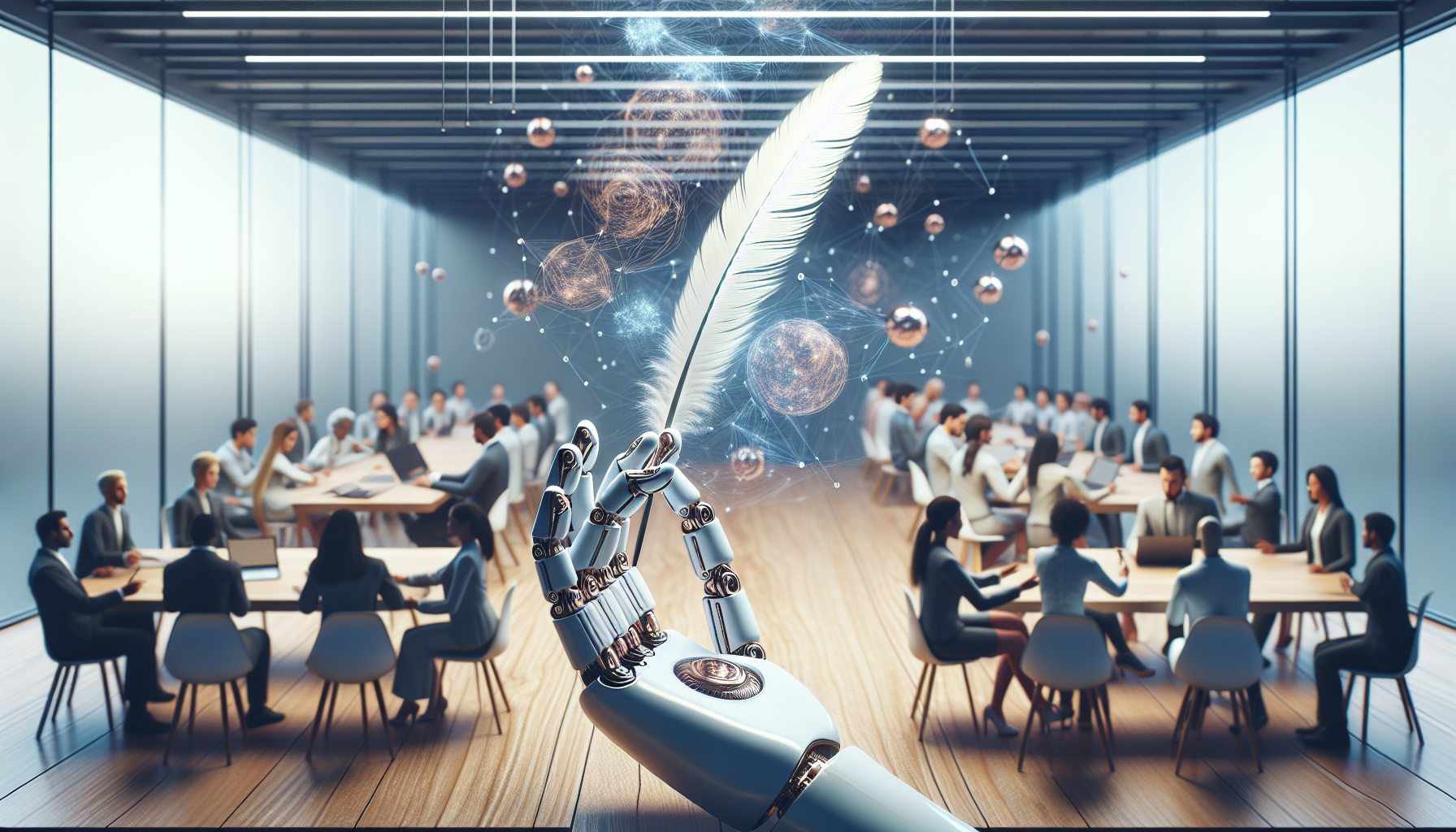
Natural Language Processing: The Flawed Quest for AI to Truly Grasp Human Language
October 2, 2025
Artificial Intelligence (AI) has made remarkable strides in recent years, yet its understanding of human language remains deeply flawed. Despite the glossy promises of natural language processing (NLP) systems, their ability to comprehend and generate human-like text is fraught with significant challenges and limitations. The technology, often heralded as the key to seamless human-machine interaction, is far from achieving the nuanced understanding that its proponents claim.
The crux of NLP's shortcomings lies in its reliance on statistical models and pattern recognition. These systems, while impressively capable of parsing massive datasets and producing coherent sentences, lack the intrinsic understanding of context and meaning that humans effortlessly apply. NLP models are essentially sophisticated parrots, adept at mimicking human conversation but devoid of genuine comprehension. This becomes starkly apparent in situations requiring deep contextual awareness or cultural sensitivity—areas where AI often stumbles, sometimes with embarrassing consequences.
Consider the common issue of bias within NLP systems. These models learn from vast pools of data scraped from the internet, which inherently reflect the prejudices and biases of human society. As a result, NLP systems can inadvertently perpetuate stereotypes and reinforce discriminatory language. This is not merely a technical oversight; it is a profound ethical dilemma that challenges the very foundation of AI's role in society. The tech industry's response has been slow and, at times, superficial, with patchwork solutions that fail to address the underlying issues.
Moreover, the opacity of NLP algorithms is another critical concern. The "black box" nature of AI models means that even the developers who build them often cannot fully explain how decisions and interpretations are made. This lack of transparency poses significant risks, particularly in sensitive applications such as healthcare, legal advice, and content moderation, where the stakes are high, and misinterpretations can have severe consequences. Users are left to trust that these systems will function correctly, yet the potential for error remains ever-present.
The commercial allure of NLP is undeniable. From virtual assistants to automated customer service, businesses are eager to implement these technologies to enhance efficiency and cut costs. However, this rush to adopt AI solutions often overlooks the critical need for rigorous evaluation and ethical considerations. The result is a landscape where technology is deployed faster than it can be responsibly managed, driven by market forces rather than a genuine understanding of its capabilities and limitations.
Critics argue that the current trajectory of NLP development is unsustainable. While AI's ability to process language will undoubtedly improve, the notion that machines will fully understand human language in all its complexity is, at best, optimistic. Language is inherently tied to human experience and consciousness, aspects that AI, as it stands, cannot replicate. The promise of machines engaging in meaningful dialogue with humans remains largely aspirational—a tantalizing idea that continues to captivate imaginations, yet eludes practical realization.
The implications of these challenges extend beyond technical concerns. There is a cultural dimension to consider as well. Language is a living entity, constantly evolving with society. As NLP systems become more prevalent, there is a risk they may inadvertently influence language and communication norms, potentially stifling diversity and creativity. The homogenization of language, driven by AI's preference for standardization and efficiency, could lead to a future where unique voices are suppressed in favor of algorithmic conformity.
As we navigate the complexities of NLP and its role in our lives, it is crucial to question the trajectory we are on. Are we willing to accept the limitations and ethical dilemmas of AI language systems for the sake of convenience and efficiency? Is it wise to entrust these systems with such significant influence over our communication and culture? The pursuit of AI that can truly understand human language is not only a technological challenge but a philosophical one, demanding a reevaluation of what we value in human-machine interaction.
In the end, the allure of NLP must be tempered with a critical examination of its flaws and potential consequences. As society increasingly relies on AI to mediate human communication, there is an urgent need for dialogue about its role and impact. The path forward may not lie in perfecting machines to mimic human understanding but in redefining the relationship between humans and technology, ensuring that it enhances rather than diminishes our capacity for genuine connection and expression.


